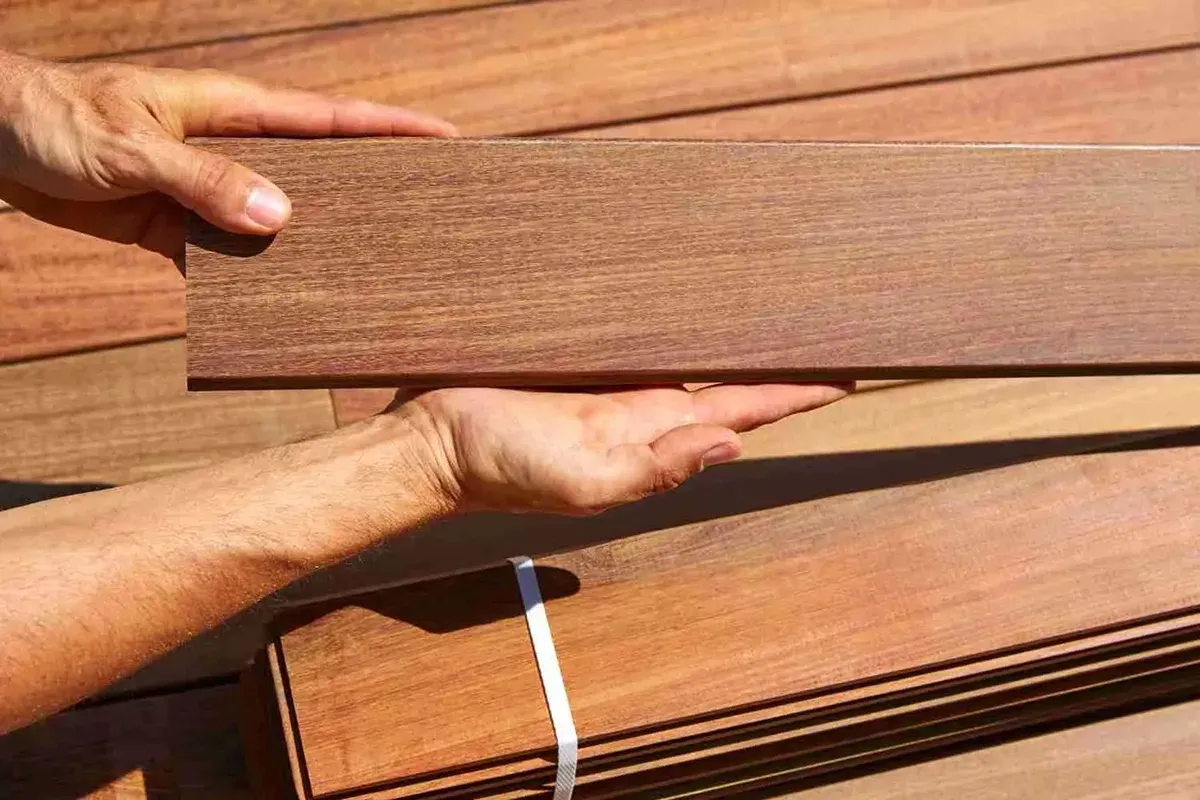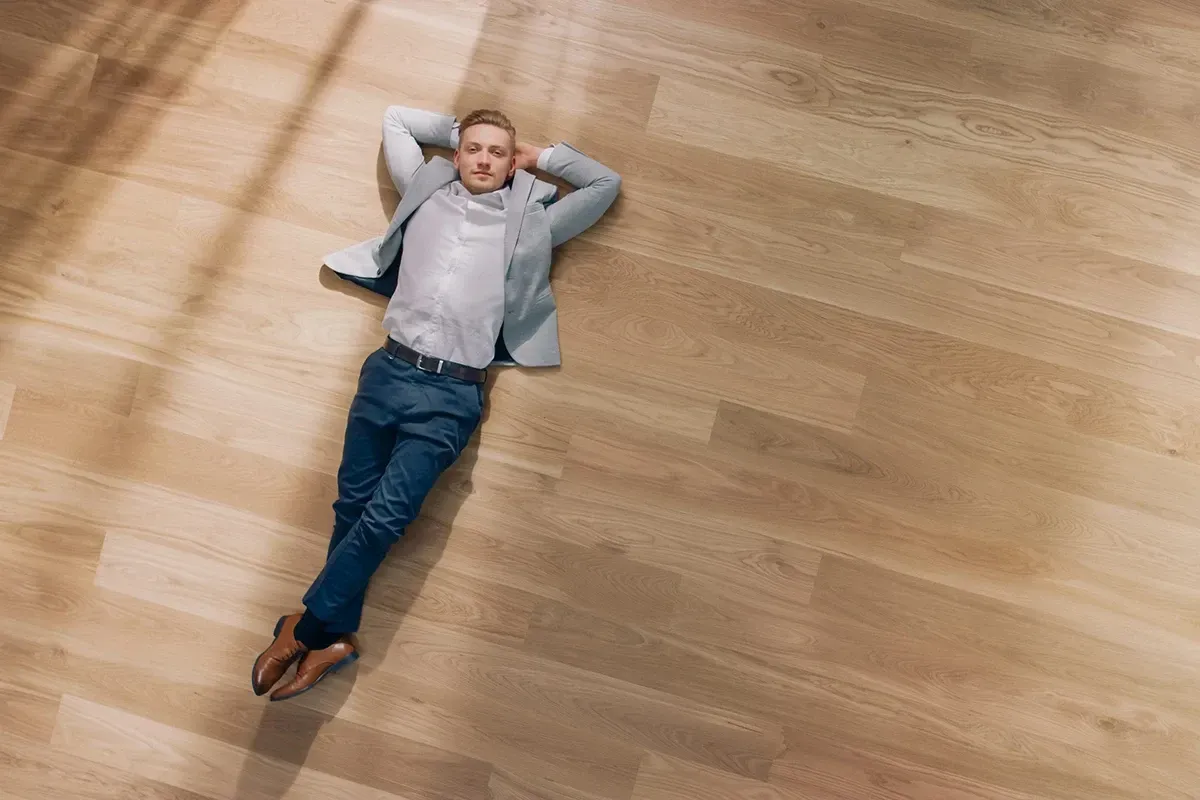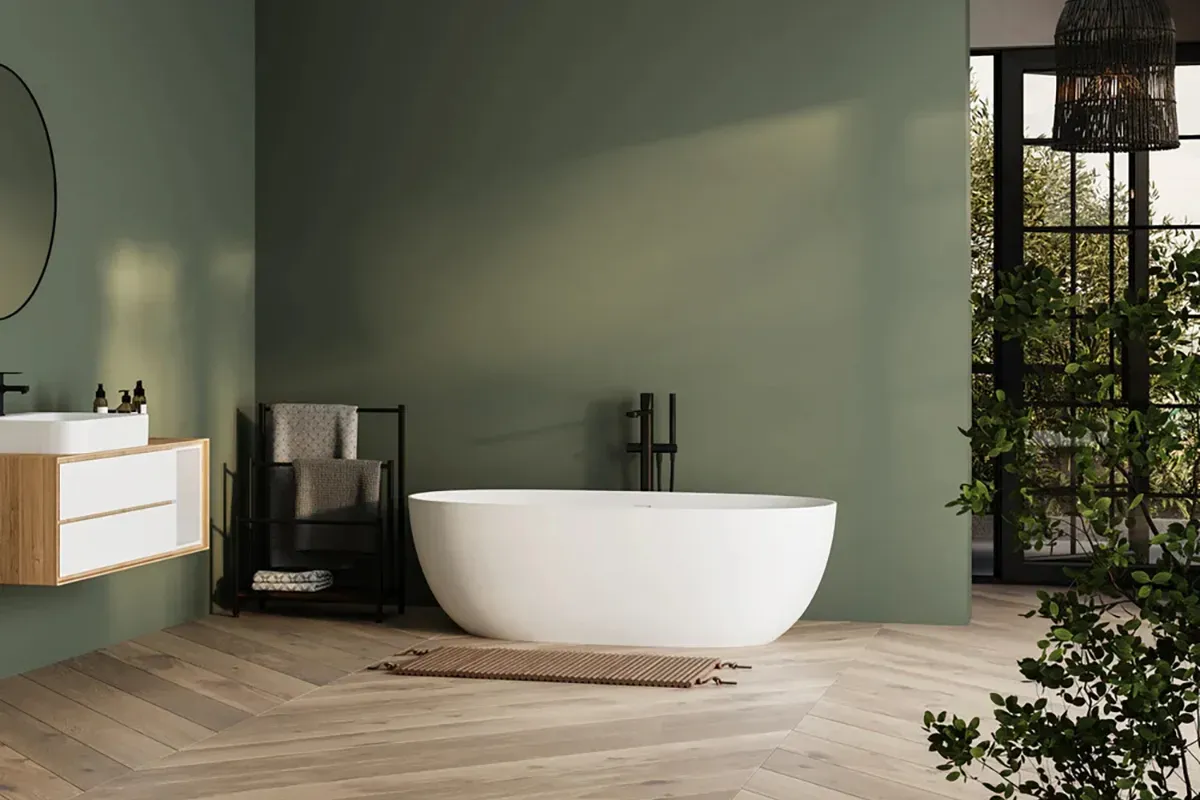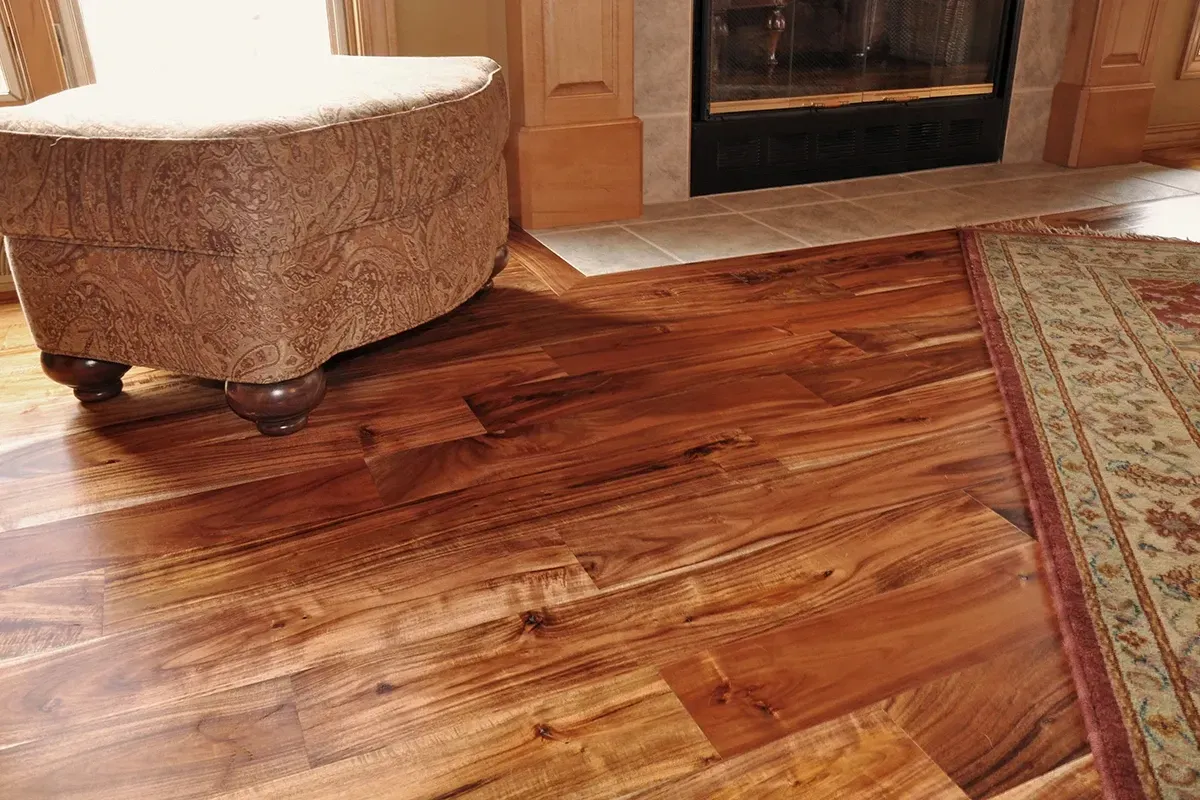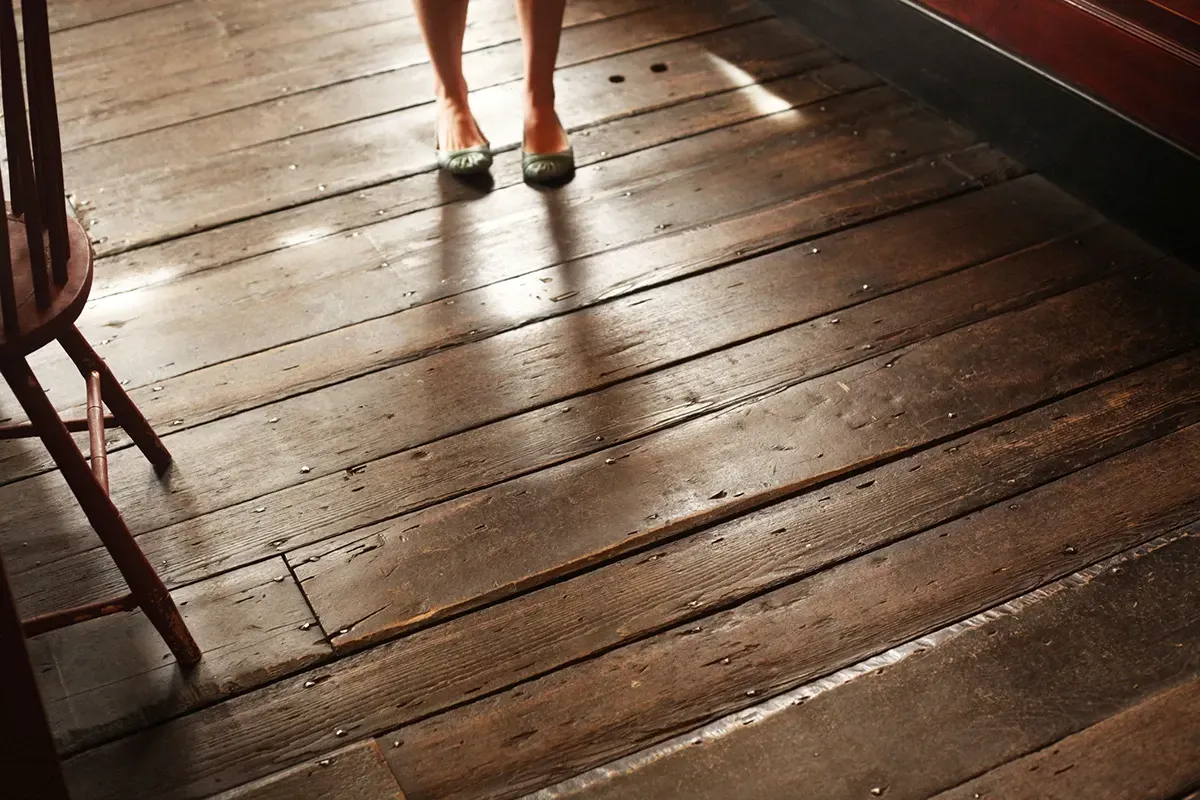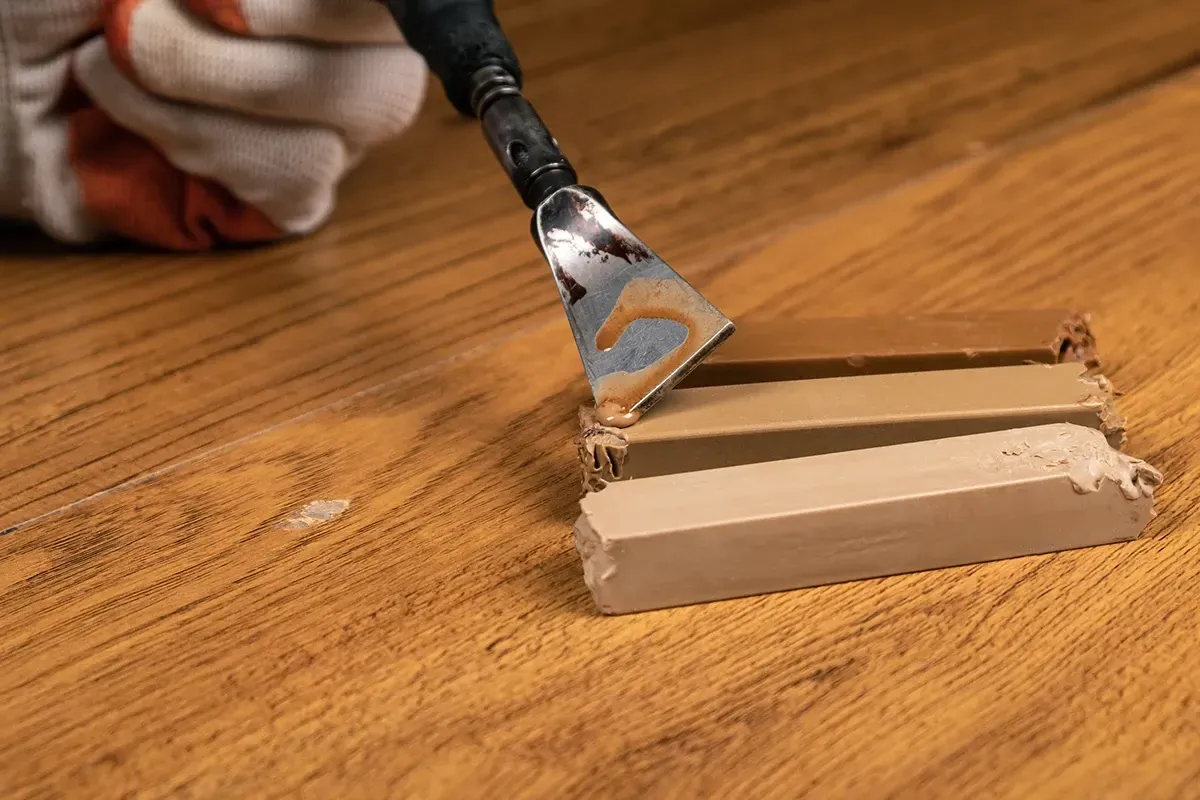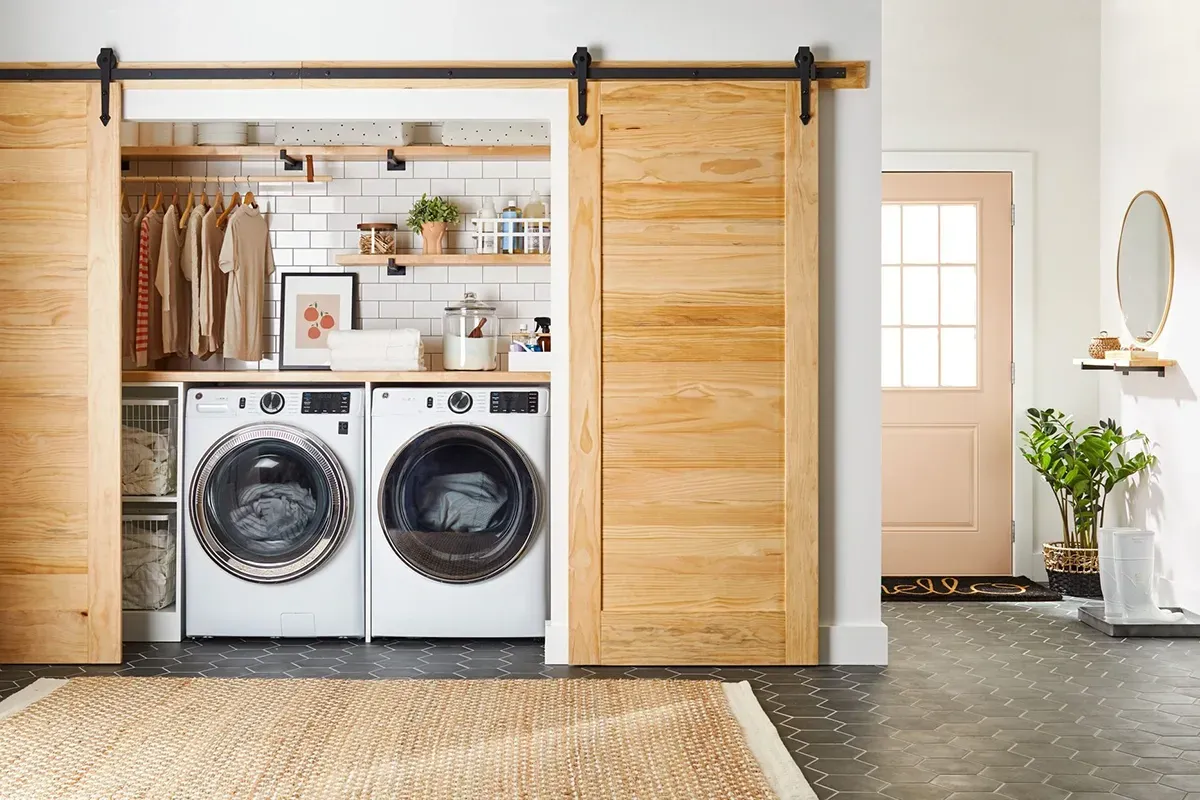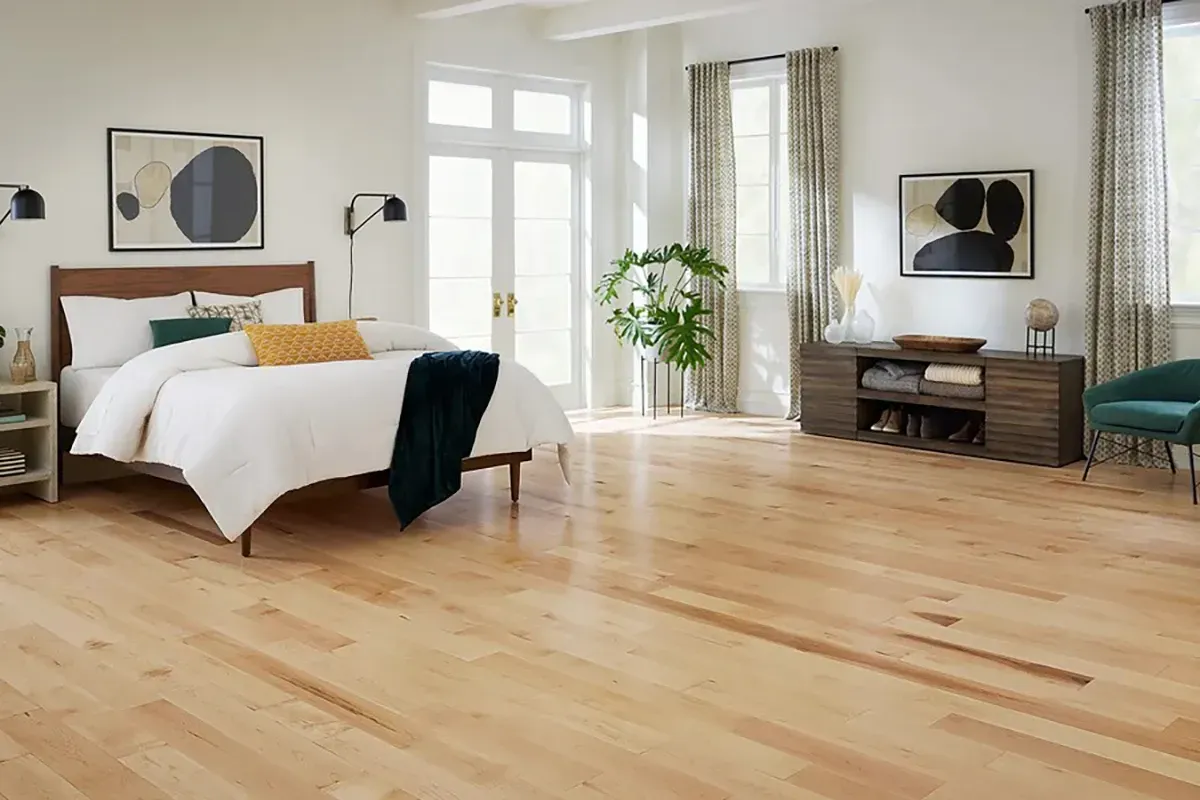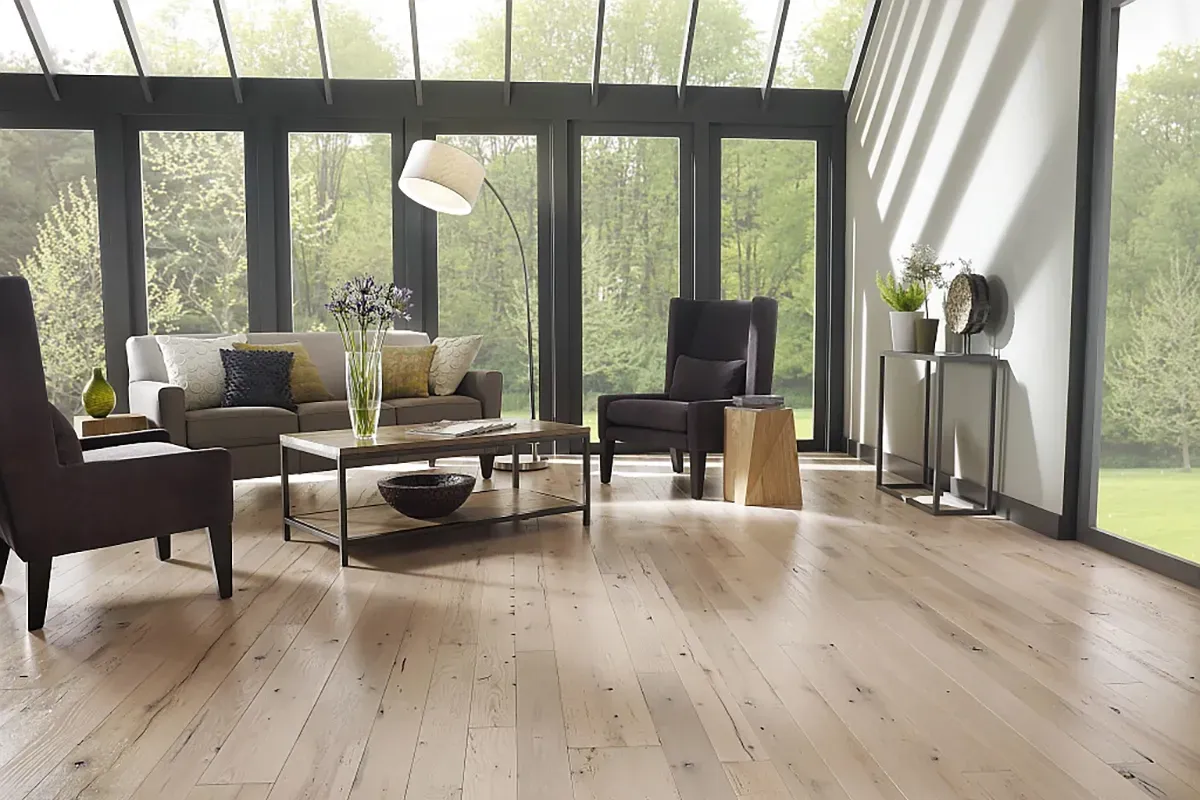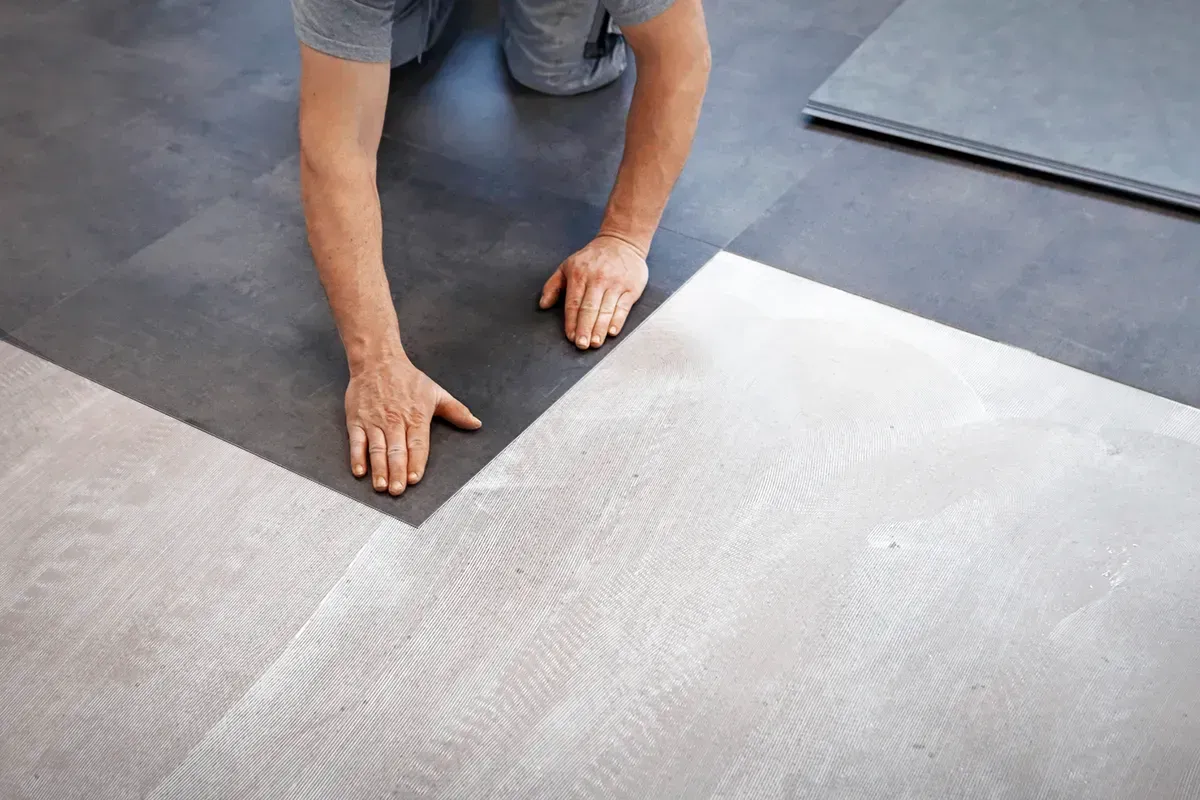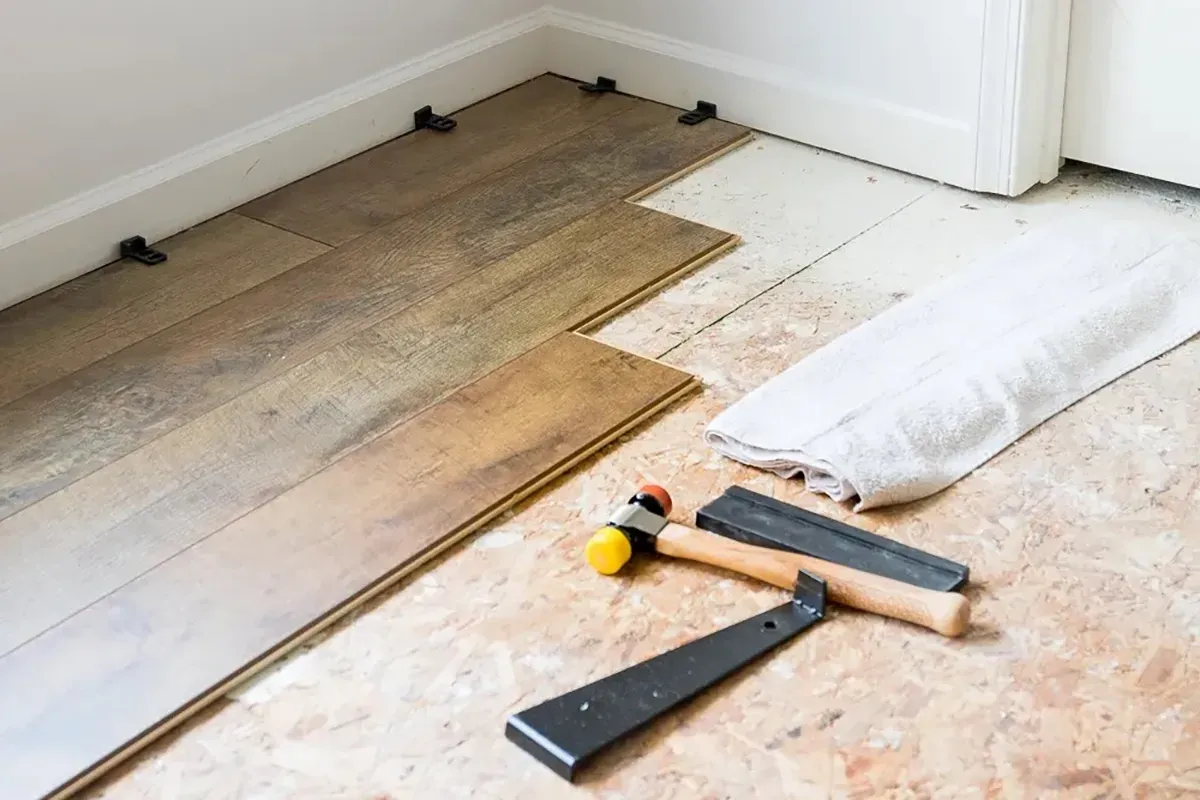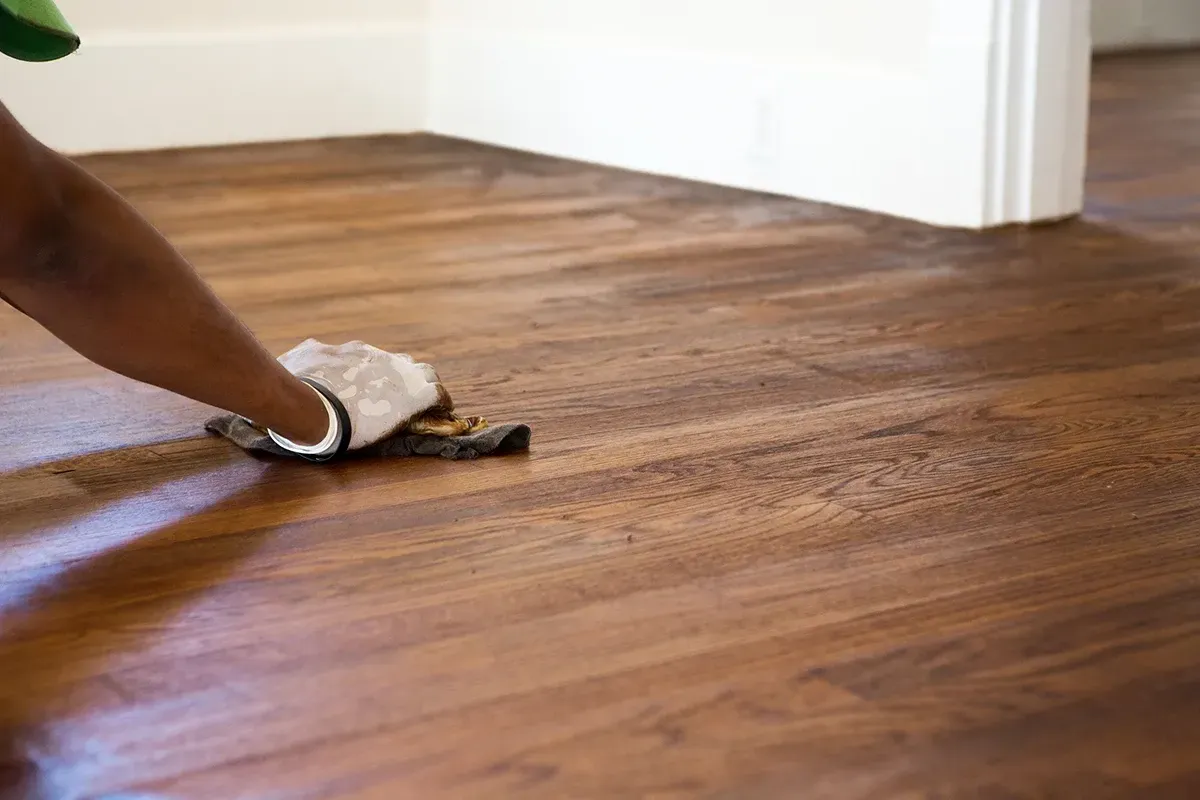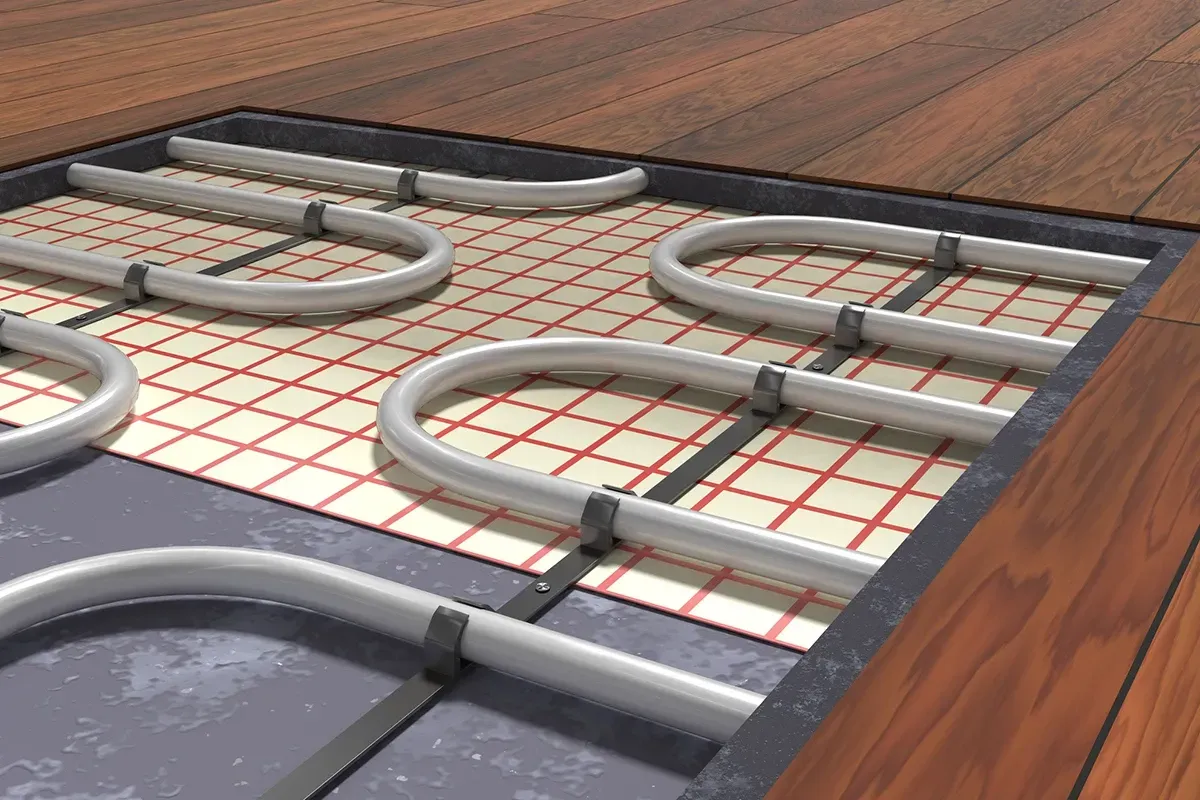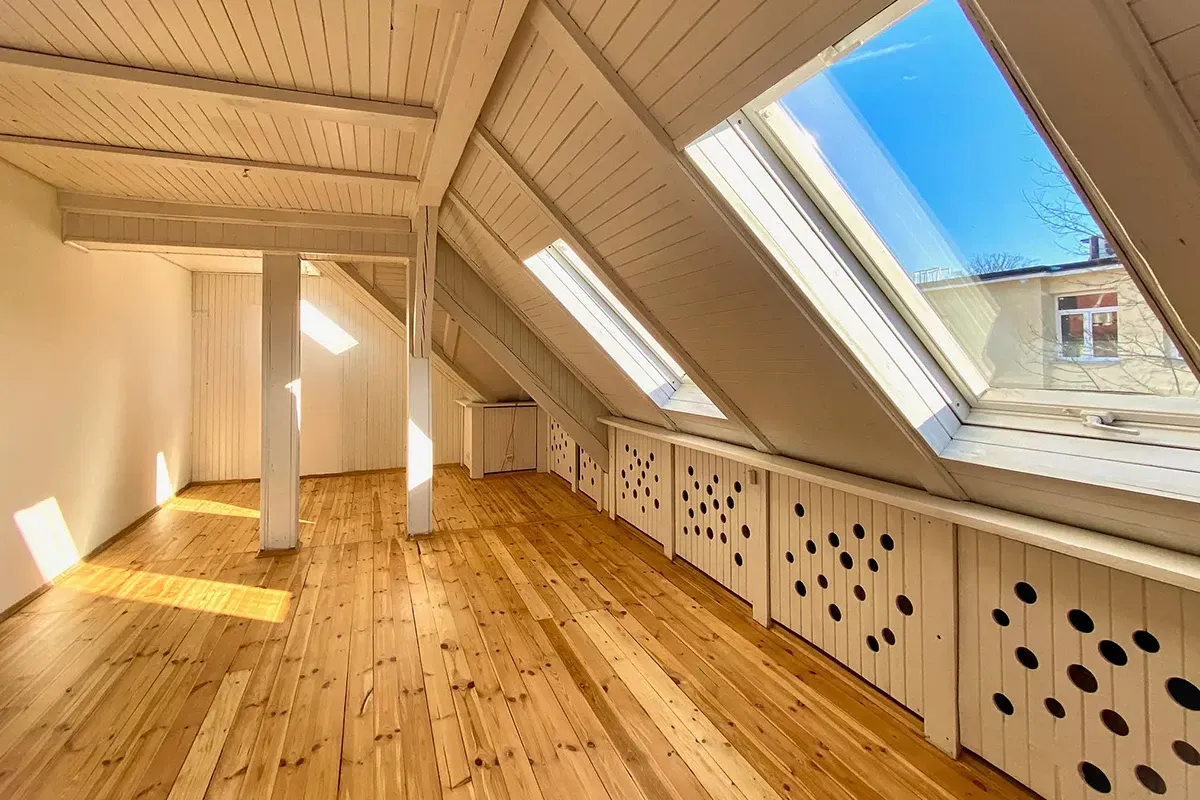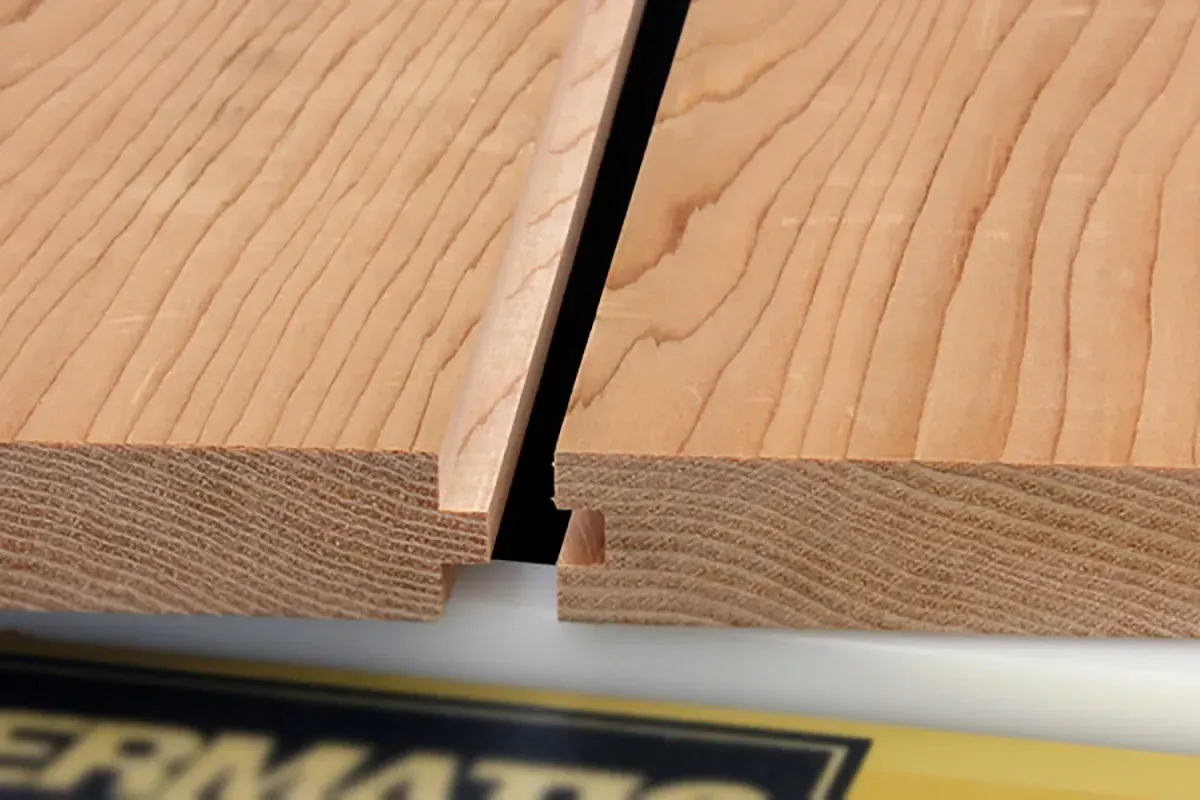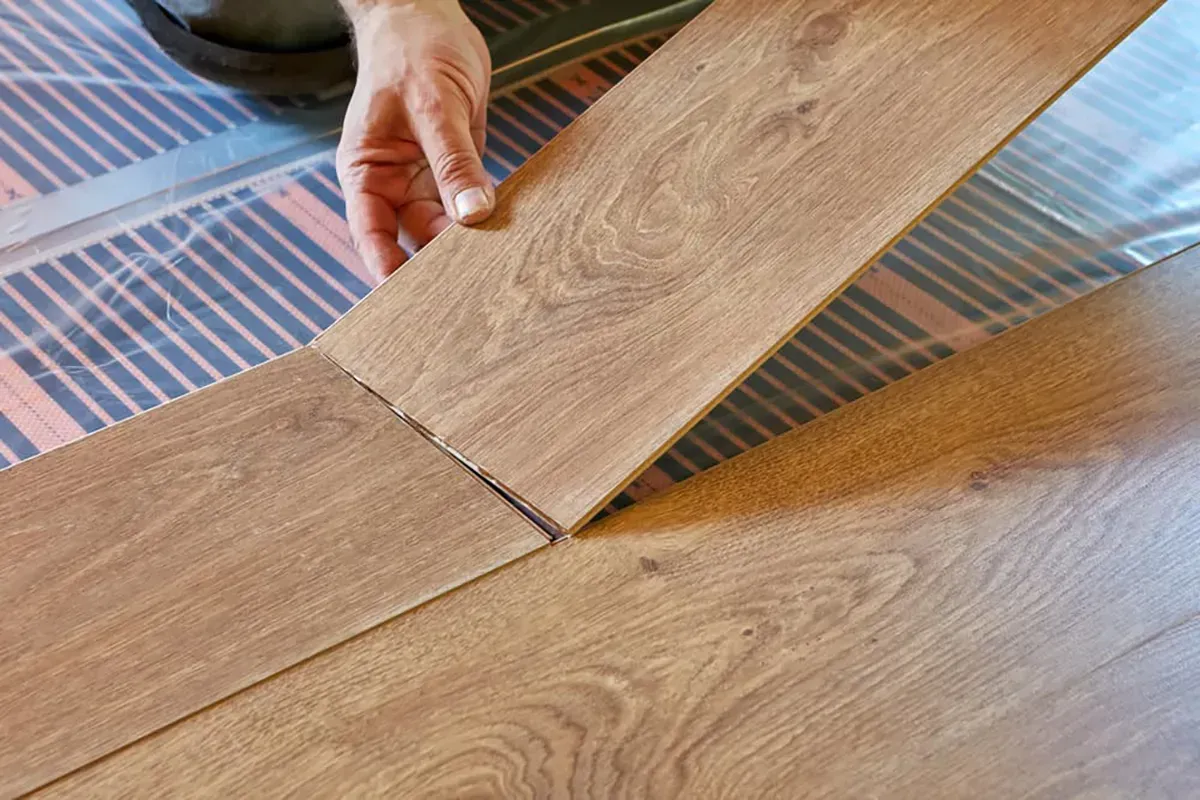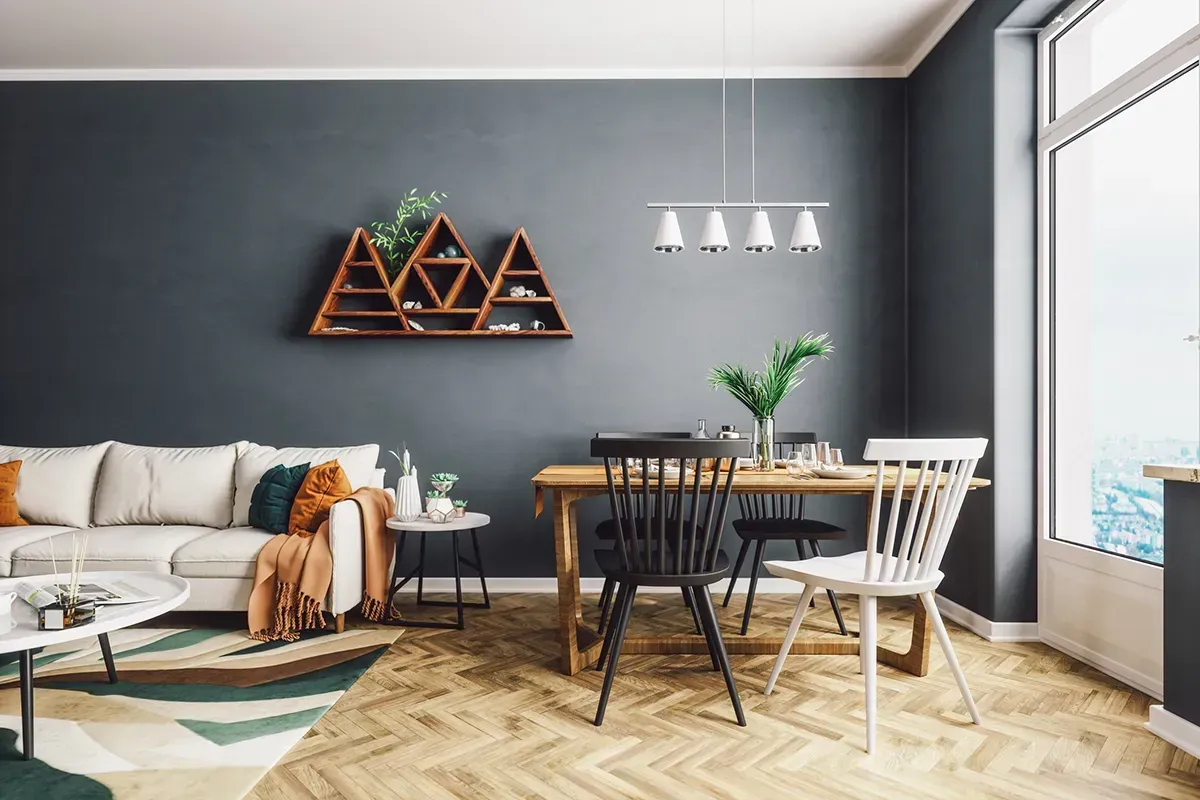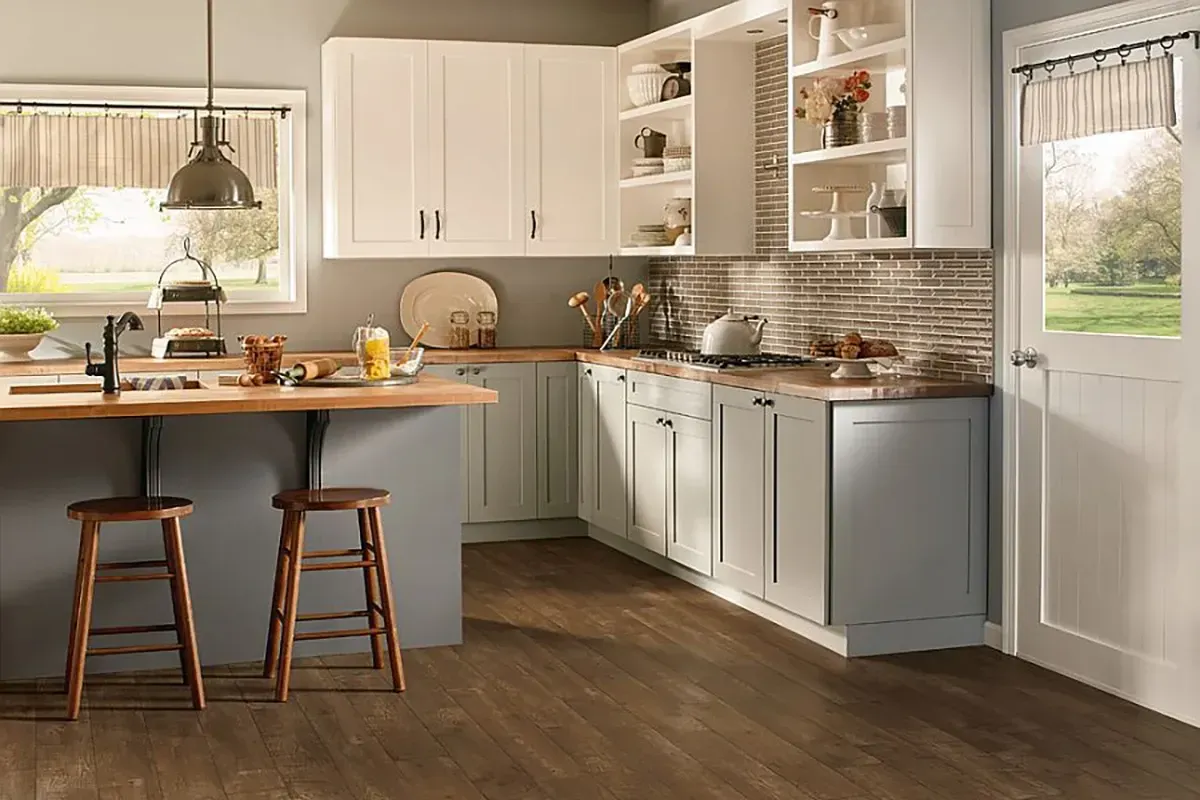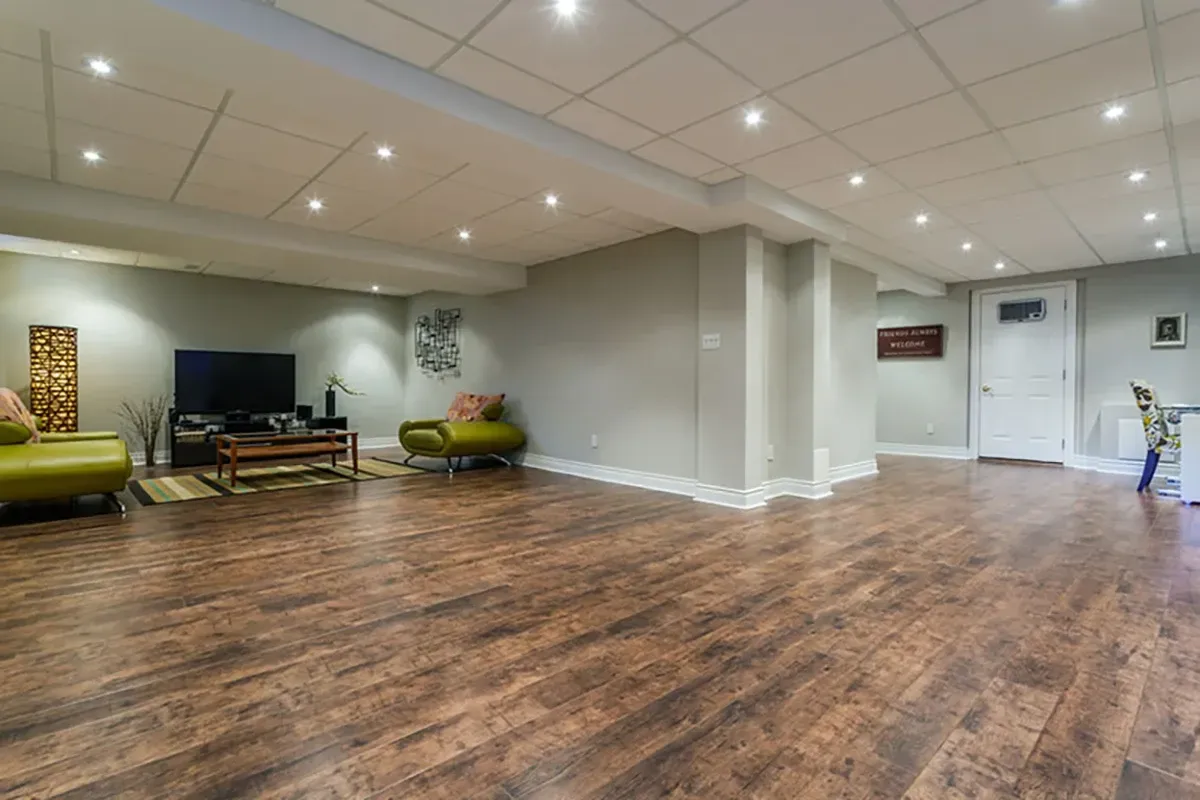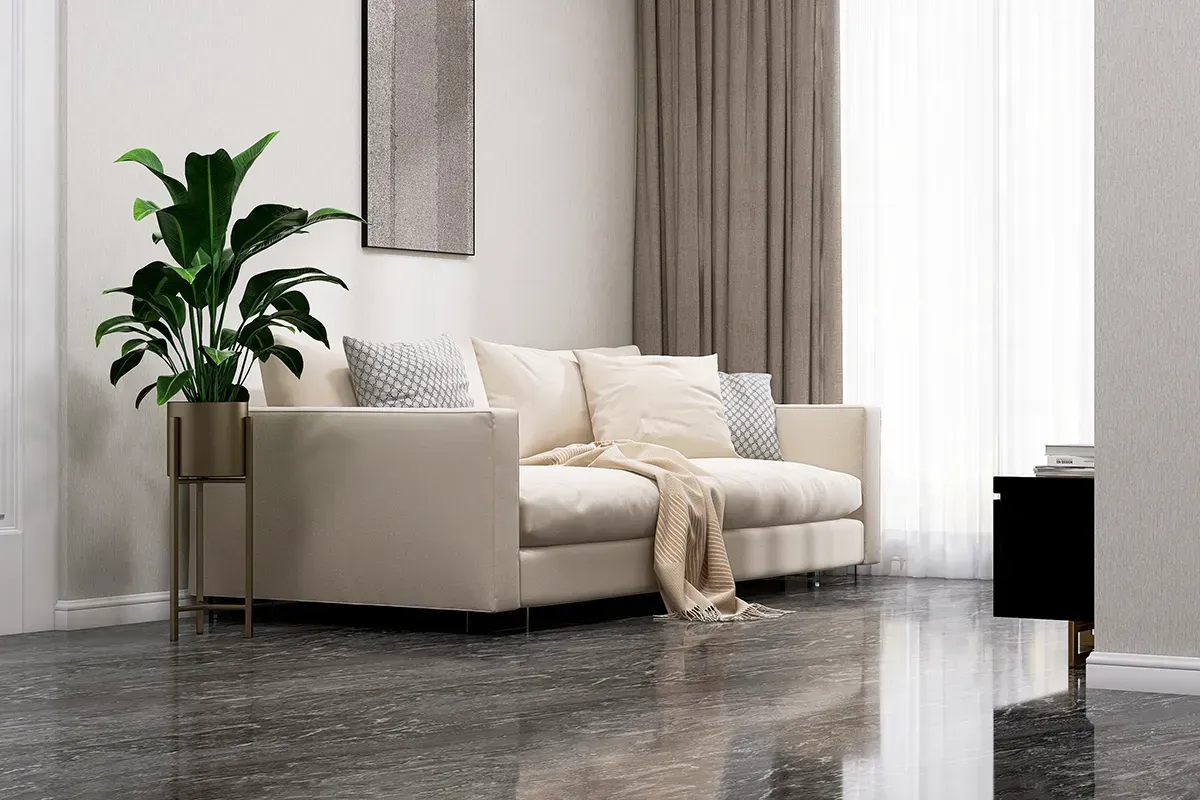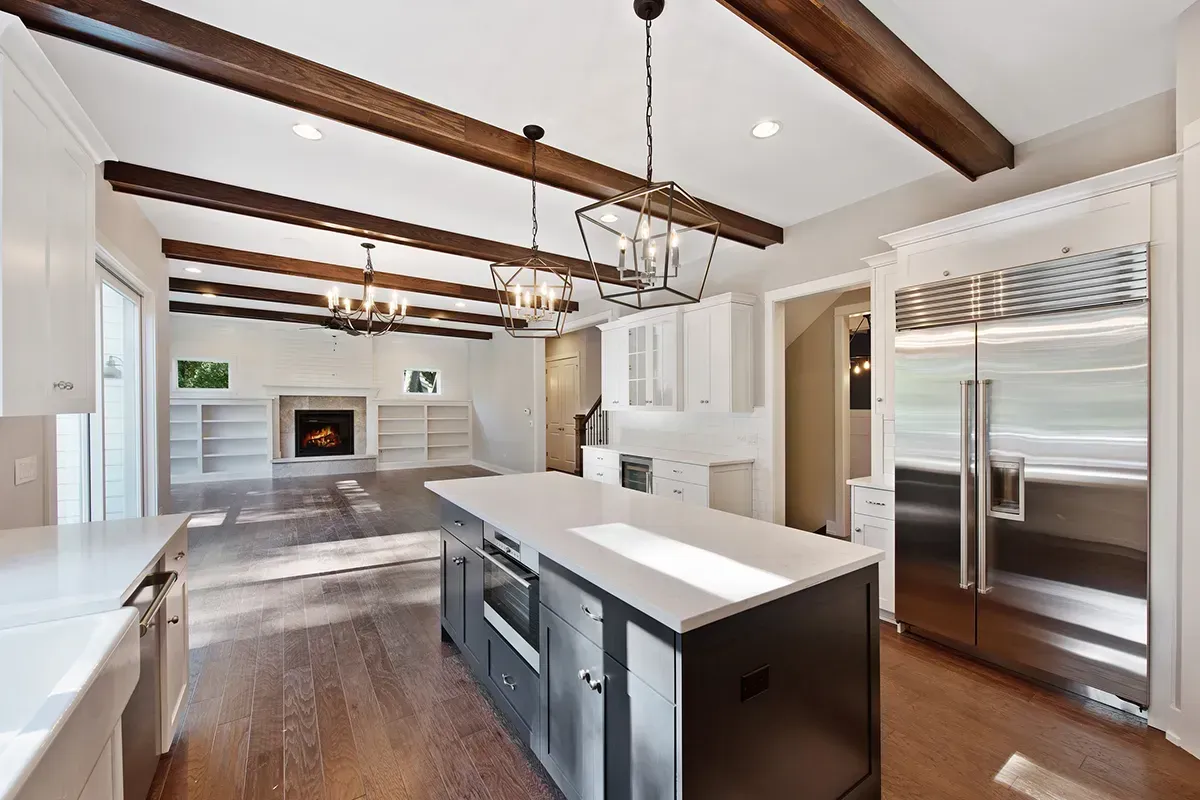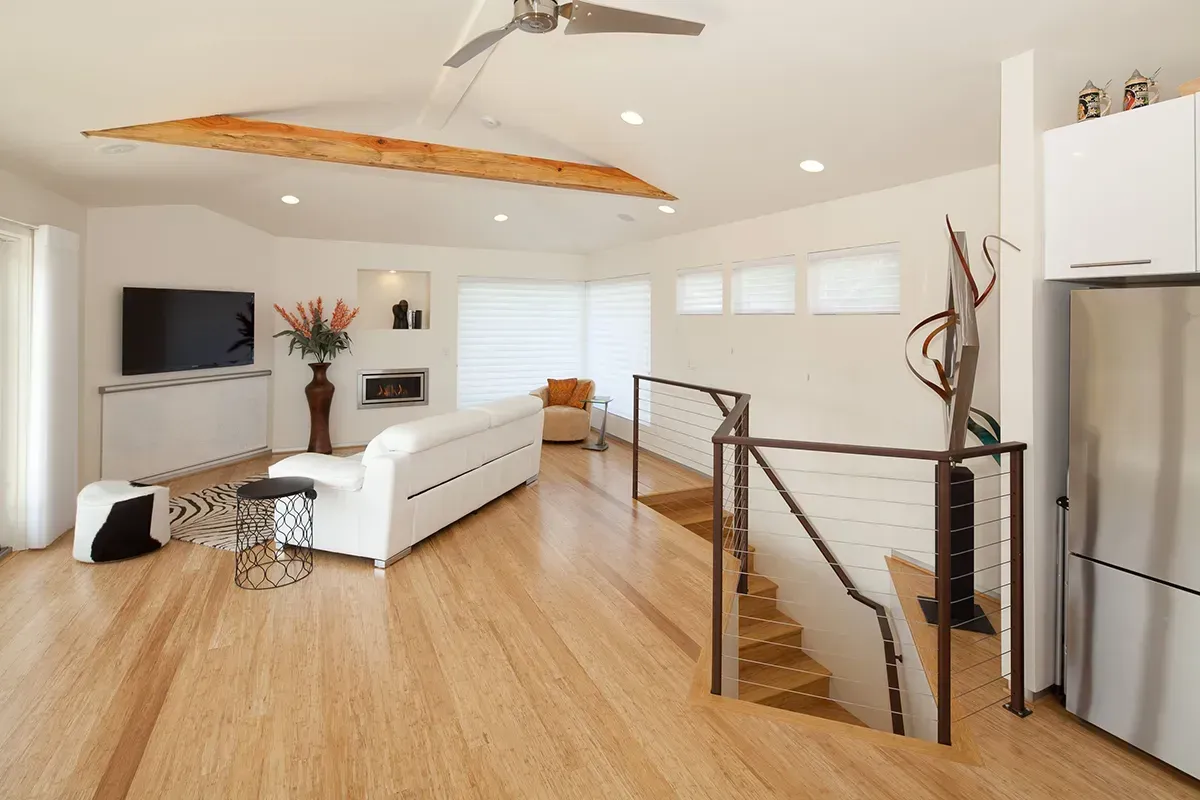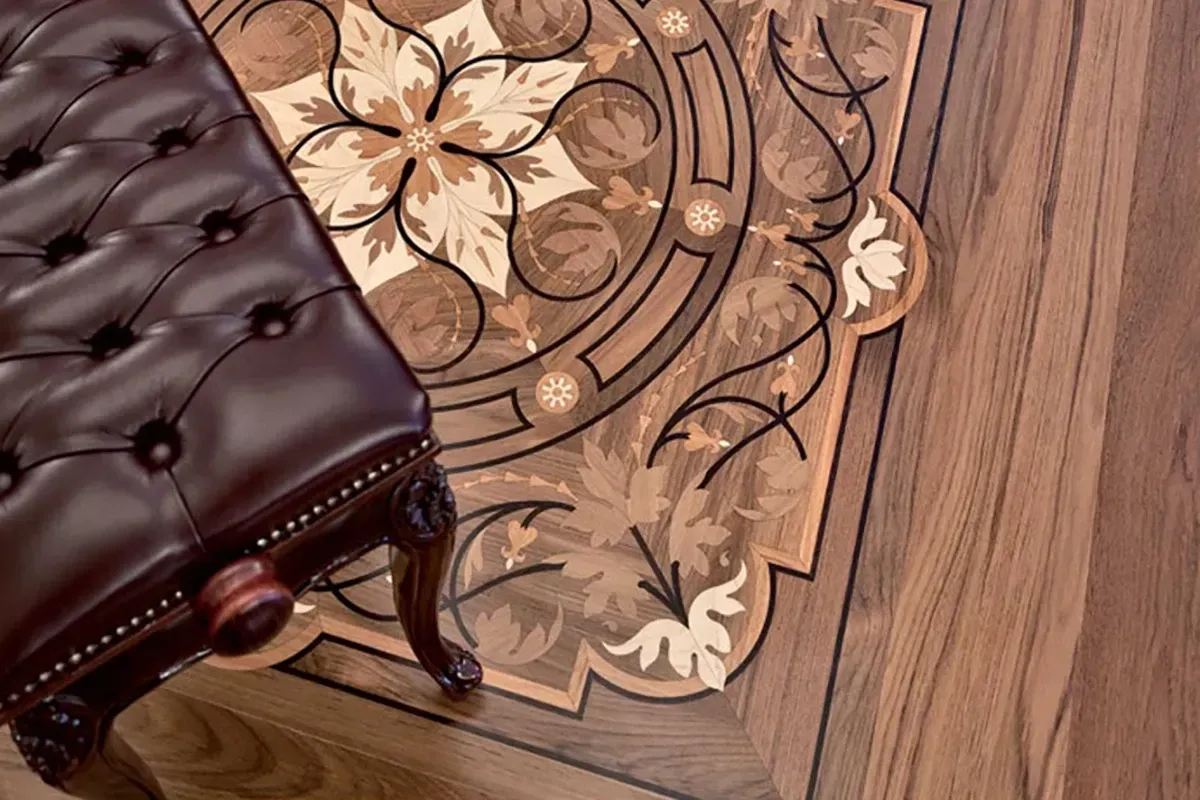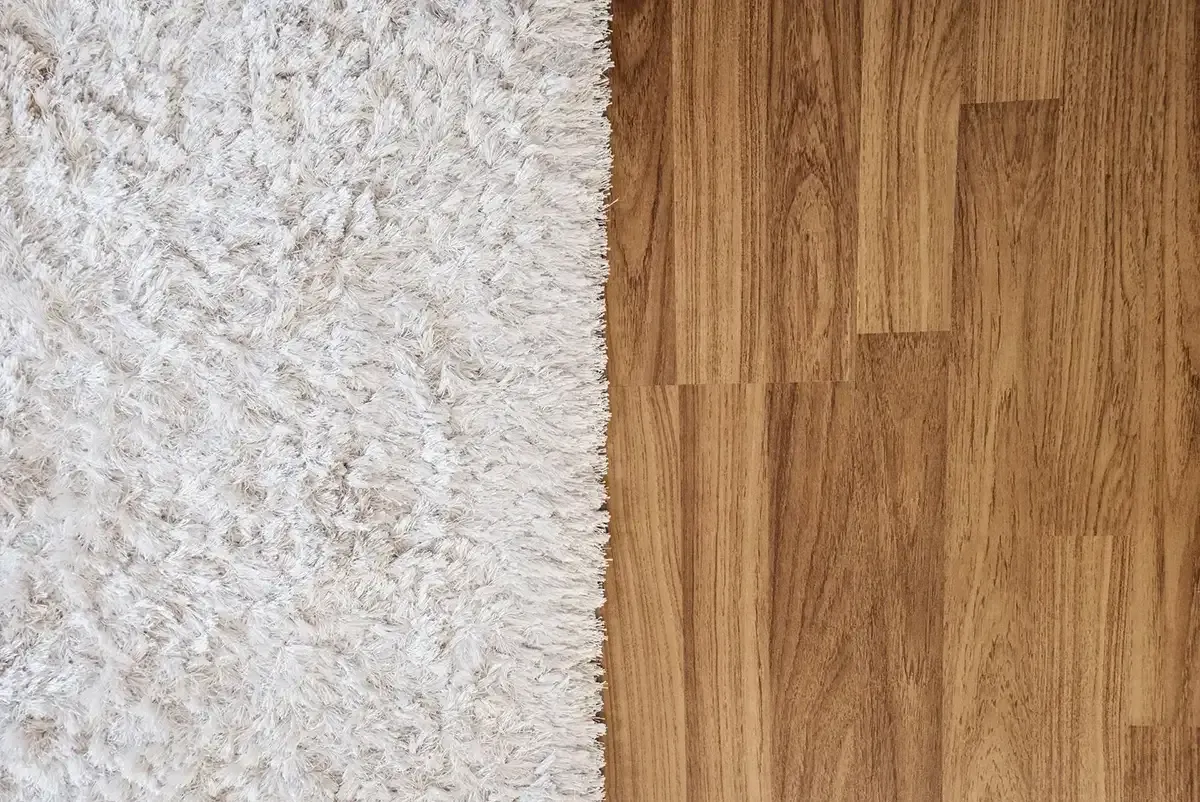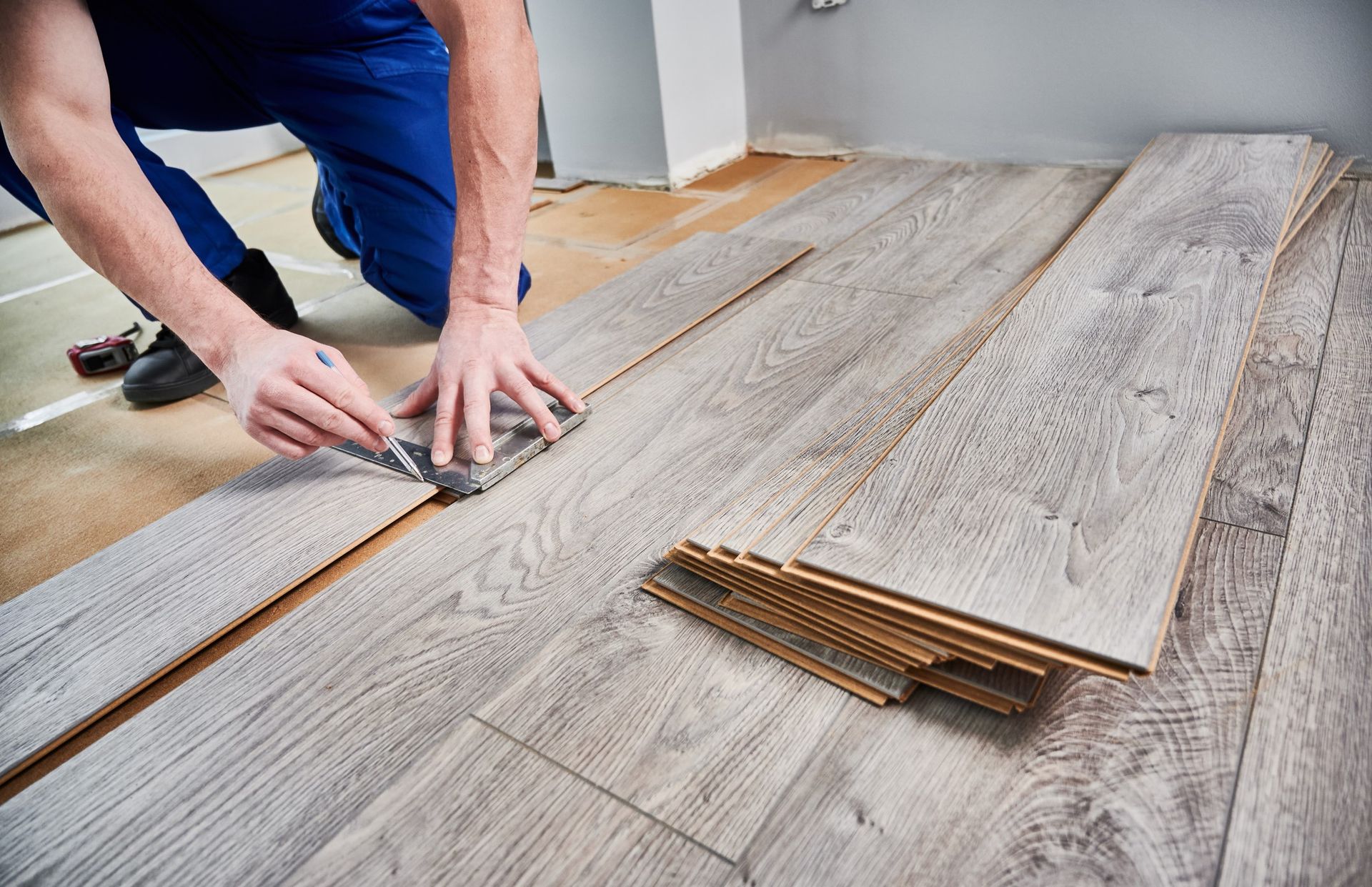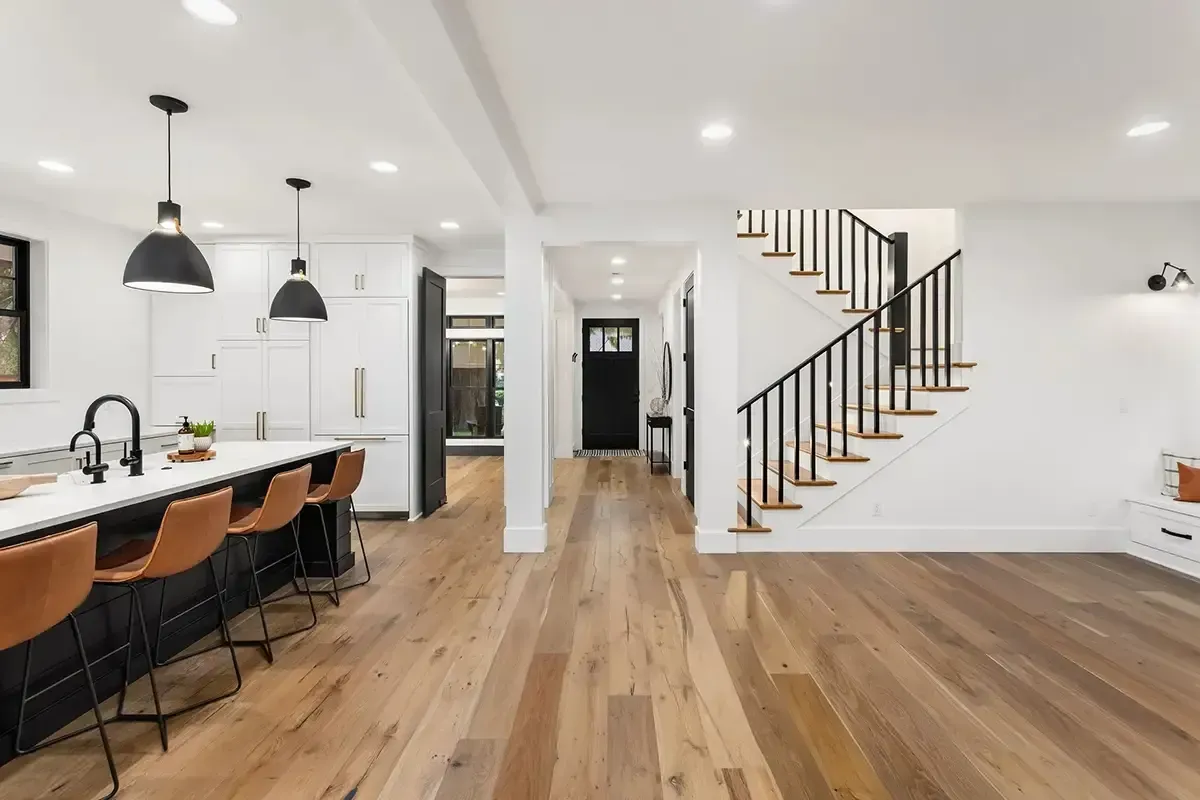Floating Wood Floors: Everything You Need To Know
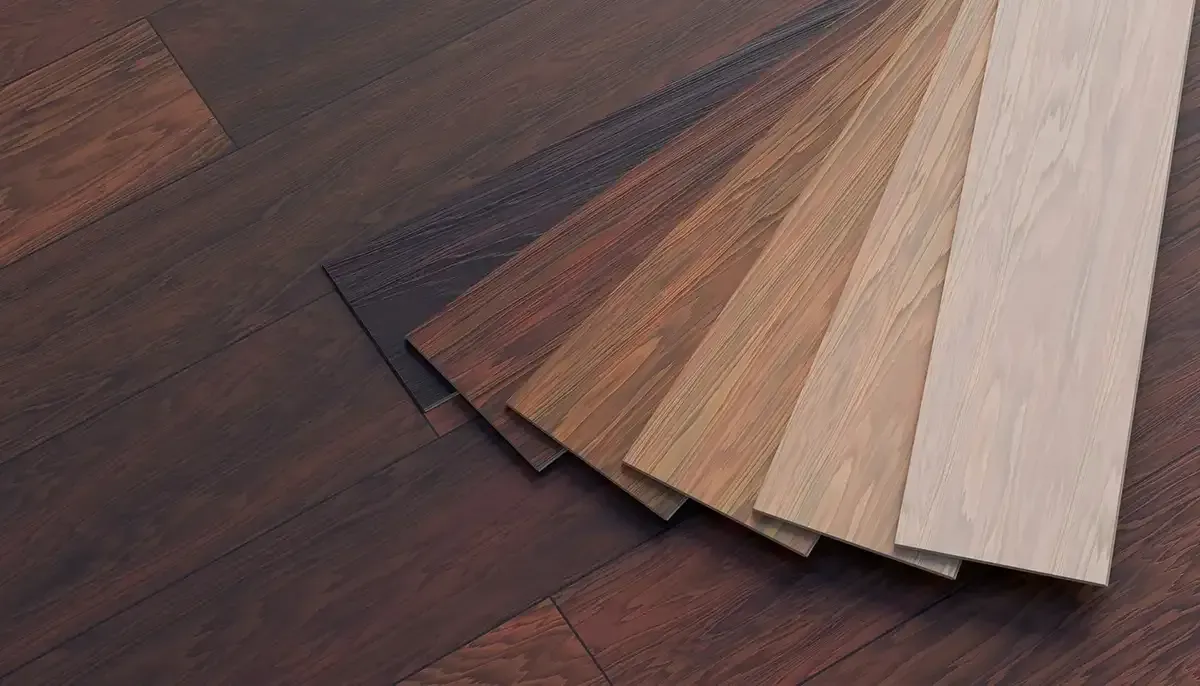
As a homeowner, customizing your home is an exhilarating journey! However, the process of designing and selecting the right materials can quickly become overwhelming. Flooring, in particular, presents an array of choices in terms of designs, colors, and textures, making the decision feel time-consuming and labor-intensive. Fortunately, with the guidance of Rejuvenation Floor and Design in Portland, the task becomes much easier! In recent years, floating wood floors have gained tremendous popularity as an alternative to traditional hardwood flooring. Let’s explore the world of floating wood floors to help you decide if it’s the right option for your home.
What Are Floating Wood Floors?
A floating wood floor refers to a type of flooring that does not require nails or glue to be installed. Instead, it “floats” over the pre-existing floor, making it a convenient and quick option for renovations. The simplicity of installation and the ability to place it over existing surfaces without attaching it to a subfloor has made floating wood floors a popular go-to option in the industry. Many wood flooring manufacturers now offer floating designs, as they are not only cost-effective but also provide homeowners with a fast way to upgrade their flooring without extensive labor costs.
What is a Floating Floor vs. Traditional Solid Hardwood?
While traditional hardwood floors consist of solid wood planks nailed or glued down to the subfloor, floating wood floors are typically made of engineered wood. Engineered wood flooring consists of multiple layers of wood (such as plywood, high-density fiberboard, or softwood core layers) topped with a veneer of hardwood. These layers provide stability and resilience, making floating wood floors a more versatile option. Engineered wood floors are designed to float over the subfloor or existing flooring, requiring no nails or glue.
Frequently Asked Questions About Floating Wood Floors
- What exactly are floating wood floors?
Floating wood floors are primarily engineered wood planks that are designed to "float" over the subfloor or existing flooring without being permanently fixed. They click together using a tongue-and-groove system or can be glued at the seams to stay in place. - How are floating wood floors different from traditional hardwood?
Traditional hardwood flooring is made from solid wood planks, whereas floating wood floors are composed of multiple layers of engineered wood with a top layer of hardwood veneer. This construction makes floating floors more flexible in installation and often more resistant to temperature and humidity changes. - Can floating wood floors be installed in any room?
Floating wood floors are highly adaptable and can be installed in a wide range of spaces, including living rooms, dining rooms, bedrooms, and even basements. However, they are not recommended for areas with high moisture exposure, such as bathrooms and laundry rooms, as this can affect their durability over time. - Can floating wood floors be installed over existing floors?
Yes! One of the key benefits of floating wood floors is that they can often be installed over pre-existing flooring, including vinyl, tile, or even old wood floors. Just make sure the existing floor is level and in good condition before installation. - Can floating wood floors be refinished?
Unfortunately, floating wood floors cannot be refinished. Since they are not nailed or glued down, the movement caused by sanding equipment can damage the floor. If refinishing is important to you, you may want to consider traditional hardwood that’s been glued or nailed down. - Are floating wood floors resistant to dents and scratches?
While not entirely immune, floating wood floors are generally quite resistant to dents and scratches. The level of durability will depend on the species of wood and its hardness ranking on the Janka Hardness Scale. Protective topcoats and finishes, such as polypropylene, can add further protection against moisture and daily wear. It’s also a good idea to use area rugs and furniture padding to minimize damage. - How long do floating wood floors last compared to solid hardwood?
With proper care and maintenance, floating wood floors can last for several decades. Many manufacturers offer warranties ranging from 20 to 30 years, though the longevity depends on factors like usage and maintenance. - What should I consider when choosing floating wood floors?
When selecting a floating wood floor, consider the type of wood species that complements your home’s aesthetic, whether you prefer a glossy or matte finish, and the tone or color of the stain. It’s also crucial to assess the maintenance requirements and the underlayment needed for soundproofing and comfort. Opt for a reputable manufacturer known for high-quality engineered hardwood products.
Benefits of Floating Wood Floors
Floating wood floors have several key advantages that make them an appealing choice for many homeowners:
- Cost-Effectiveness:
Floating wood floors are generally more affordable than traditional hardwood. The engineered wood construction provides the appearance of solid hardwood but at a fraction of the cost. Prices vary depending on the materials used, but overall, floating floors are less expensive to install, especially compared to solid hardwood or other glue-down/nail-down flooring options. - Easy Installation:
The installation process for floating wood floors is significantly easier compared to other types of flooring. With a click-and-lock mechanism or tongue-and-groove gluing option, installation can be done as a DIY project, which saves on labor costs. Additionally, since the floating floors can be placed over existing surfaces, there’s no need to remove old flooring, further reducing time and labor. - Durability:
Floating wood floors are built to be durable, thanks to their multi-layered construction. This makes them more resistant to moisture, warping, and expansion, making them a great choice for areas like kitchens and basements where humidity levels fluctuate. With proper care, floating wood floors can last for decades. (Ex: floating bamboo floor we installed in Portland, OR) - Versatility:
Floating wood floors come in a wide range of species, finishes, and styles, giving you plenty of options to match your home’s design. Whether you prefer the modern sleekness of oak or the rustic charm of pine, there’s a floating wood floor to suit your style.
Drawbacks of Floating Wood Floors
Although floating wood floors offer many benefits, there are some drawbacks to consider:
- Sound:
Floating floors can amplify sound due to the space between the floor and the subfloor. This can lead to increased noise, especially in high-traffic areas. However, you can mitigate this issue by using a soundproofing underlayment, which will help absorb sound and create a quieter environment. - Feel:
Some homeowners notice that floating floors feel less solid underfoot compared to traditional hardwood, which is nailed or glued to the subfloor. This can sometimes result in a slightly “hollow” sound when walking on them. Testing the floor before making a final decision and investing in a high-quality underlayment can help improve the feel and sound of the floor. - Real Estate Value:
While floating wood floors have come a long way in terms of quality, they are still not as highly regarded as solid hardwood in terms of real estate value. Solid hardwood is often viewed as a premium product that adds more value to a home. However, floating floors are an excellent option for preserving original hardwood or when solid hardwood is not feasible. - Environmental Impact:
Floating wood floors often use adhesives and synthetic materials in their manufacturing process, which may raise concerns about environmental impact. It’s important to research eco-friendly brands that prioritize sustainability and use non-toxic adhesives and materials.
Conclusion: Are Floating Wood Floors Right for You?
Floating wood floors are an excellent option for homeowners seeking a budget-friendly, stylish, and easy-to-install alternative to traditional hardwood. They offer many benefits, including durability, versatility, and cost-effectiveness. While there are some drawbacks—such as sound amplification and real estate perception—these issues can often be addressed with proper underlayment and product selection.
At Rejuvenation Floor & Design, we specialize in helping homeowners find the perfect flooring solution to fit their style and budget. Whether you prefer oak, maple, or something more exotic, we offer a wide selection of floating wood floors to transform your space. Contact us today at (503) 989-8997 to schedule a consultation, and let us help you elevate your home’s interior design.

